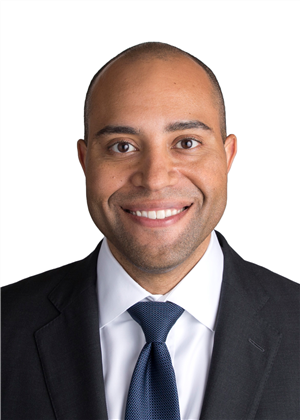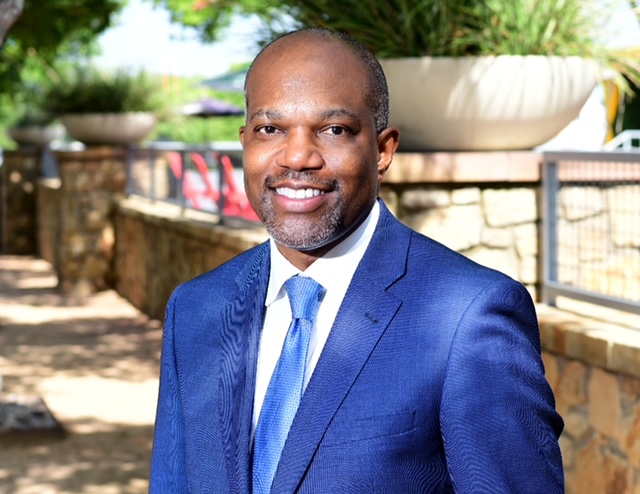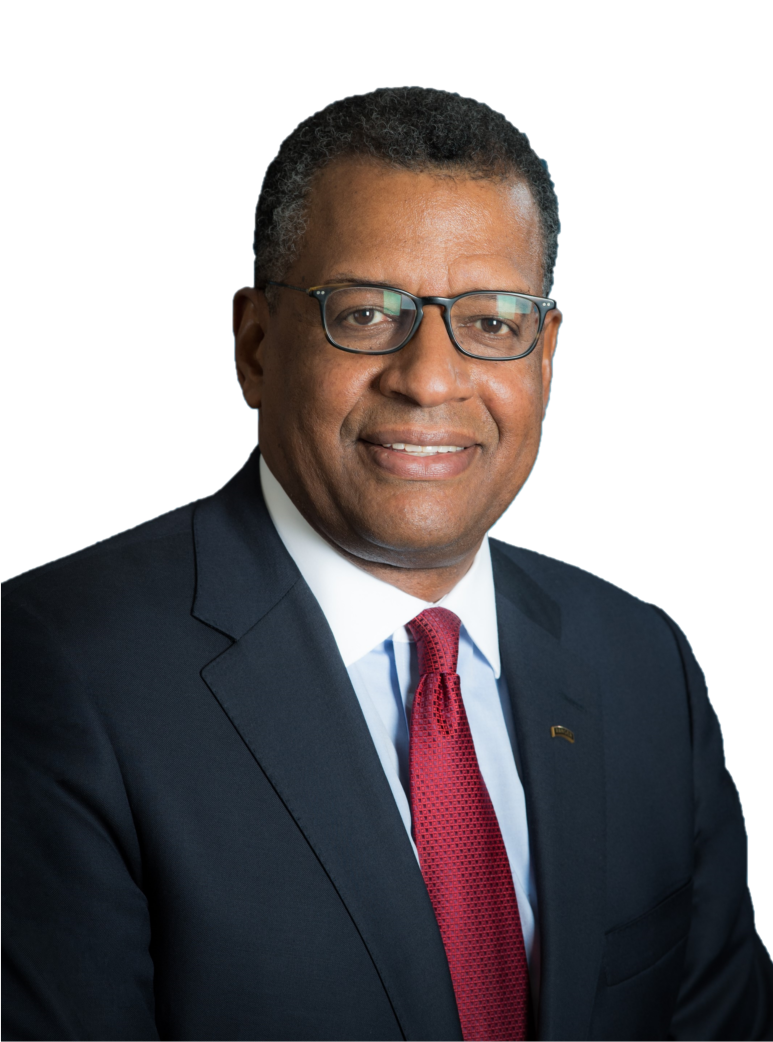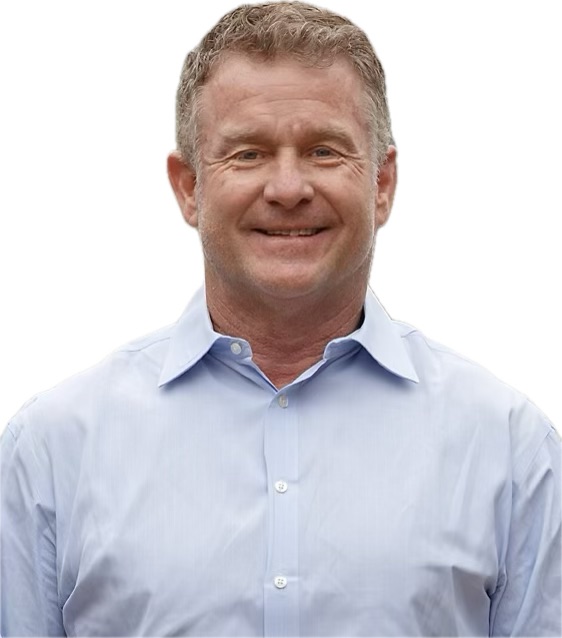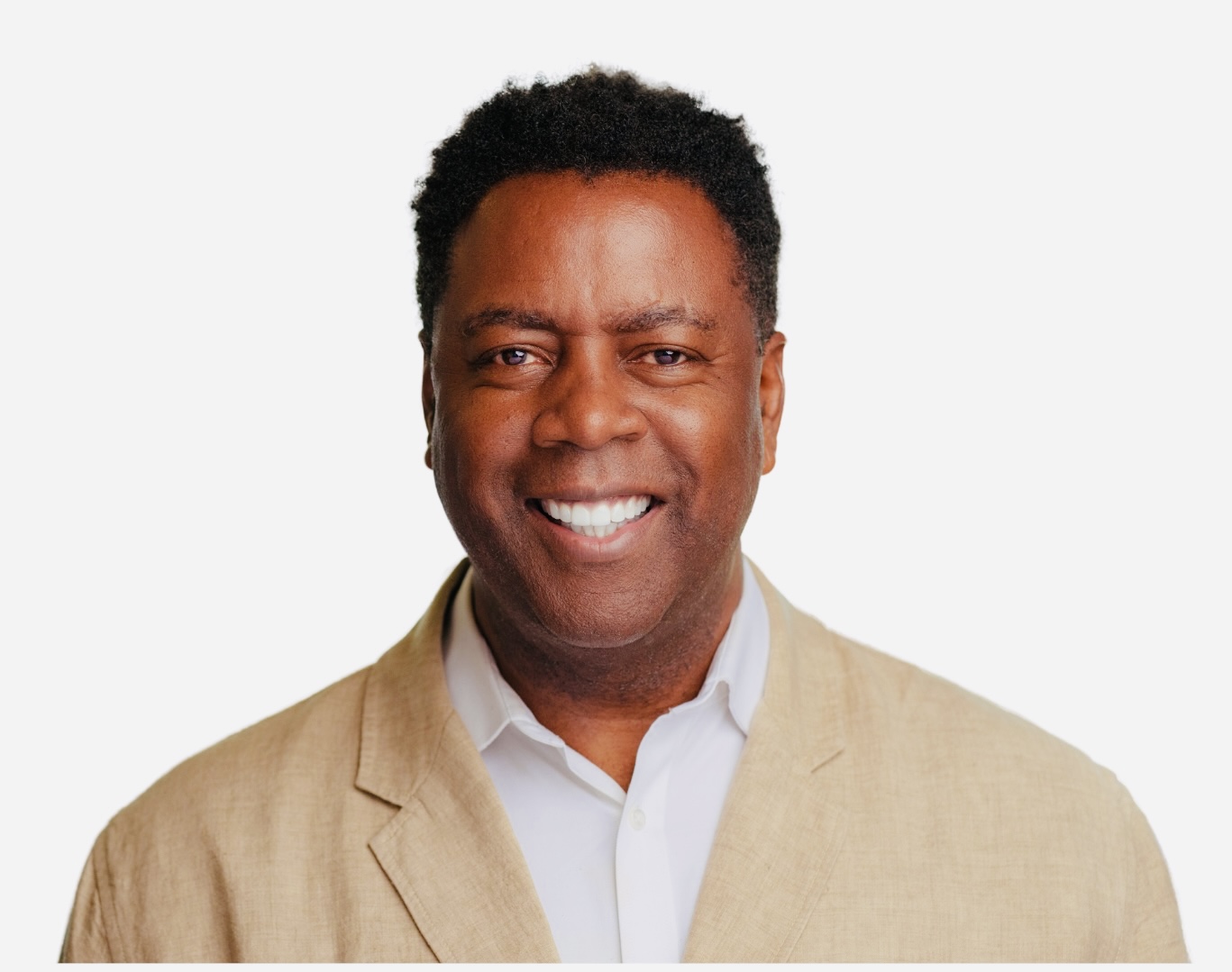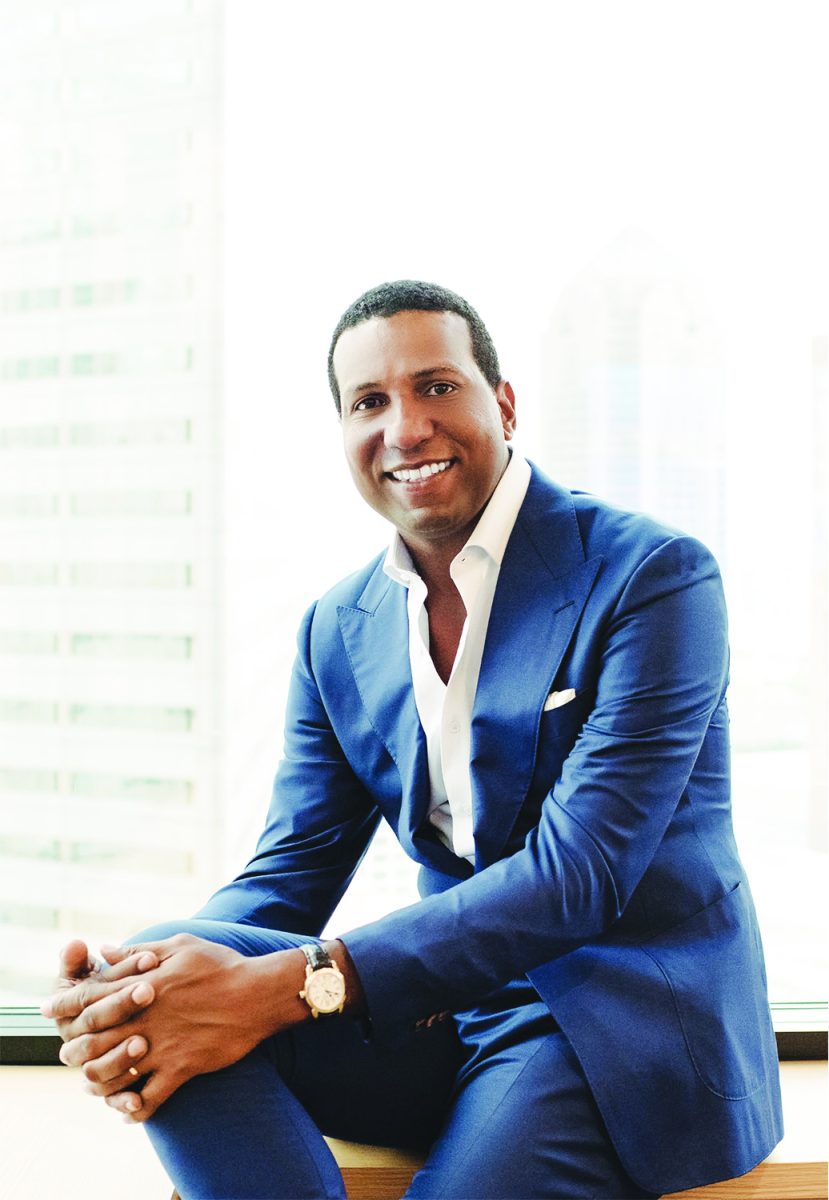Kris Lowe is the managing director of JLL Capital Markets in Dallas. He has over 20 years of experience in the real estate world. Kris Lowe earned his Bachelor of Business Administration and Master of Business Administration from SMU in Dallas, Texas. While at SMU, Lowe played collegiate basketball. In turn, while working on his master’s degree, he served for seven years as the CFO of SMU Athletics. After graduating from SMU, Lowe remained involved in SMU, serving on the Folsom Institute Advisory Board as part of the Executive Committee. The committee works with the SMU community and abroad in real estate ventures. In 2018, Lowe was chosen by the SMU Cox Alumni Association as one of the 2018 Distinguished Alumni and Outstanding Young Alumni. Additionally, Kris Lowe serves on the board of Directors for Goodwill Industries.
Lawrence: How has your leadership contributed to ensuring the successful implementation of diversity, equity, and inclusion?
Kris Lowe:
In my day-to-day job at JLL Capital Markets, I’m a managing director responsible for originating and executing commercial real estate transactions. It’s a privilege for me because commercial real estate assets end up where people spend most of their time. I have to try to understand the needs and wants of diverse individuals. I challenge myself to say, “OK, what can I do beyond my day-to-day job to lead by example?” I’m part of an incredible organization called the Real Estate Council which brings all disciplines of commercial real estate together: architects, and engineers on the capital markets, professional attorneys, and we try to be a catalyst for change in the city. This year I’m co-chairing the Diversity, Equity, and Inclusion Committee in 2024.
Lawrence:
At St Mark’s, when we talk about understanding the concept of character and leadership, they talk about how we are to lead with our head, heart, and hands. How has that concept helped you in different stages of your career?
Kris Lowe:
I majored in accounting at SMU Cox. The head part certainly opened up opportunities for me early in my career, starting at EY auditing for accounting, mergers, and acquisitions. It also started a path to earning my CPA license, which is where I began to learn the language of business. Later in my career, I went back to Business School to earn an MBA and then studied for the Series 7 and the Series 63 exam to be a registered representative by FINRA. I’ve always been a continuous learner. It establishes immediate credibility in the business community. The head part for me was the academic and professional credentials to increase my IQ, build my reputation, credibility, and open more doors professionally, which it certainly has.
The heart part is undoubtedly a level of empathy. I grew up in a single-parent home. I’m an only child. I had to grow up faster than I want my children to grow up, and I had to learn many lessons earlier, but I think through those challenges, I learned to develop a level of empathy and a natural ability to discern. I think being empathetic is something that I’ve been able to welcome. It has been a constant throughout my business career, and it certainly has helped because many people are always focused on the bottom line and results. But people still have lives to live, and just being aware of how people are doing goes overlooked many times. People don’t know how much you care until you show them that you care a lot about them. I try to relate with people and ask deep, probing questions. I try to find out what motivates them. That level of empathy will help extract that on the hands part. I love rolling up my sleeves and diving in.
Lawrence:
What does servant leadership mean to you? Do you have any specific testimonials of leadership situations that resulted in change and affected the communities around you?
Kris Lowe:
I’m a follower of Jesus Christ, so servant leadership starts there. No one will be able to live up to that goal. If you can try to think like him, it certainly helps. It starts and ends with putting the interests of others before you and in everything you do.
One of the immediate testimonials that came to mind was the tornado in St. Mark’s community in 2019. We all know what we were doing that Sunday night. It was so heartbreaking to see the level of devastation the following morning.. School leaders, parents and students came together as a community, not for ourselves but for one another. We bonded as a community. One of the things that was so beautiful at that moment was there were people of all ages, all races across income demographics coming together to serve one another for a greater purpose. We took a tragedy and turned it into something triumphant which certainly defines servant leadership in a community.
Lawrence:
In our handbook, they have a page of virtues of a good leader including terms like engaged, own, discern, do what is ethical, work harder, plan, collaborate, delegate, endure, protect. Utilizing some of those words , how would you describe some virtues of the leader? Could you also give real life examples of how you may have used these virtues in your leadership?
Kris Lowe:
The virtues of a good leader include empathy, walking your talk, and doing for the greater good. We talk about it often in our business and commercial real estate capital markets. I see these principals lived out daily by our CEO, Mark Gibson, and our President Jody Thornton. They have been very successful in their business careers and they follow a faith, family, franchise model and they keep those priorities straight. They’re consistent and transparent with who they are. They don’t do it for money, fame, awards, or recognition. They’re doing it for their teammate or the next man or woman up. Leading by example with credibility and then being authentic in themselves is key.
Lawrence:
For you specifically, how do you remain ethical in your decisions? Do you have an example where you had to make a tough decision?
Kris Lowe:
In my household, we talk about how your thoughts become your words, your words become your actions, and your actions become your habits. Your habits become your character. Character becomes reputation, and reputation becomes your legacy. One slip on that ethical slope can spiral pretty quickly. Leading by example is crucial because I believe my children are trying to model my behavior more than they listen to what I say. We must remain rooted in true virtues and values that allow us to anchor back to truth and not what might seem right in this moment.
Multiple times a day, I face ethical decisions. I can earn a fee, but that might not be in the best interest for my clients, but solely for myself. I’m challenged every single day to make ethical decisions whether it’s advising a client to take on the deal or not taking on a deal. The fact that we do it every day allows us to sharpen our minds around it and be aware of it.
Lawrence:
At St. Mark’s, we have a definition of a Marksman: a current student or alumnus who embodies the school’s mission in words and actions, a scholar. He advances toward mastery of the chief disciplines of the arts, sciences, and languages, an athlete who thrives on competition and demands that his body express the virtues of the spirit. A leader, he understands his own identity, success, and happiness as being inseparable from that of the communities of which he is a part, and he strives to move this community forward in their missions. How have some or all of these experiences that I just named helped you and your organization to succeed and uplift those around you?
Kris Lowe:
At a certain point in your career and journey, an education mastery is key. Apprenticeships are a lost art in our business. A person can learn from someone who has been doing it for years. You need to gain experience. In this kind of advancement of technology, there is a microwave-type world where everything is at your fingertips. Being more patient in developing a true sense of mastery is vital for me personally and professionally.
I anchor to my clients hiring me because they trust me to keep their interests ahead of my own and that I am technically proficient and a thoughtful leader in my business. And so for those reasons, they trust and respect me, so they hire me. The scholar component and being an expert are key to success.
Lawrence:
What does it mean to become a good man to you?
Kris Lowe:
Being a good man certainly has to anchor back to my faith and kind of a Kingdom mindset; you’re born a male and must grow into a man. It becomes this visible demonstration of the Lord’s comprehensible rule over every area of my life-as a husband, as a father, as a friend, and as a business partner. I need to hold others accountable. I do it with love in terms of parenting. I need to hold to those virtues I’m called to do as a father and husband. Biblically speaking, I am called to love my wife. I didn’t say that, it’s in the book. At the same time, though, my wife has actually, Biblically speaking, not called to love me. My wife is called to respect me. A Kingdom mindset allows you to anchor to something of truth. That is permanent, steadfast, unwavering, and from the Creator himself. Everything about being a good man anchors back to my faith.
Lawrence:
How do you use the essential elements of thriving in your organizations?
Kris Lowe:
Saint Mark’s empowers boys at an early age. Early success is an early opportunity to thrive. A very successful business person once told me that they always wanted to hang around people of high-character, and those that were successful. If you hang around someone of good character, maybe one day someone will mistake him for the same. You must put yourself in a position to be successful.
The other side of thriving is accountability and personal responsibility. You can not blame other people. People need to take responsibility and own their own actions. We are all promised trials and tribulations every single day, but need to learn to overcome them. We have to have the mindset that I’m going to be faced with these issues, but I’m going to push and persevere through them and thrive despite issues.
Lawrence:
When you act as a servant leader, how do you feel that’s affected the people around you?
Kris Lowe:
It is my job to serve the people I work with and for, and I’m proud to say many are in a better place today, professionally, personally, and financially, than more than they were when we met. If you’re leading people, but they’re in the same job, making the same money for 20 years, then they have been serving you, but have you been serving them? I always had more joy in watching the success of other people than my own.
It’s a responsibility to open more doors for employees. I take that pretty seriously, and I’ll work to get them more education, more training, and more responsibility which will translate into more money for them. I constantly challenge myself to grow my people. To this day, I think thriving in life and business are the things that I would try to hold myself accountable for in terms of being a true servant leader.
Lawrence:
What is the best way to become a leader or ultimately put yourself in that leadership position?
Kris Lowe:
You certainly must learn your leadership style. Do you lead by example or are you a vocal leader? How do you motivate people? I’ve seen dictators and I’ve seen people who were very quiet and led by example. The empathy and discernment part resonated with me, and it was just a God-given thing.
I enjoy working in teams. It’s what I do a lot for so many reasons. Within a team, you can then identify that this person is more vocal, and I can be an example. This person strengthens you, and it allows you to have a greater impact.
I like leading by doing, locking arms, and being a part of people. I think you stay authentically true to who you are and, over time, your leadership style. It becomes more apparent and empowering because you’re naturally comfortable and confident with what you’re doing.


